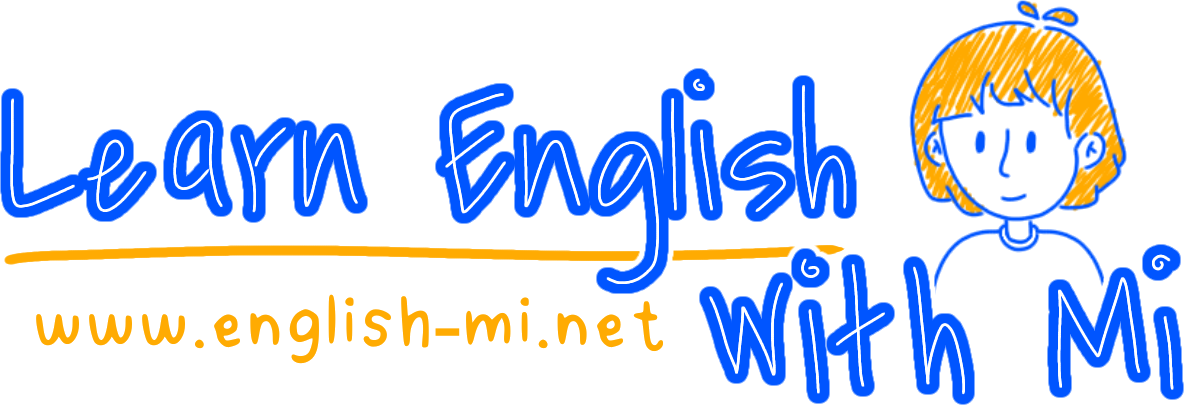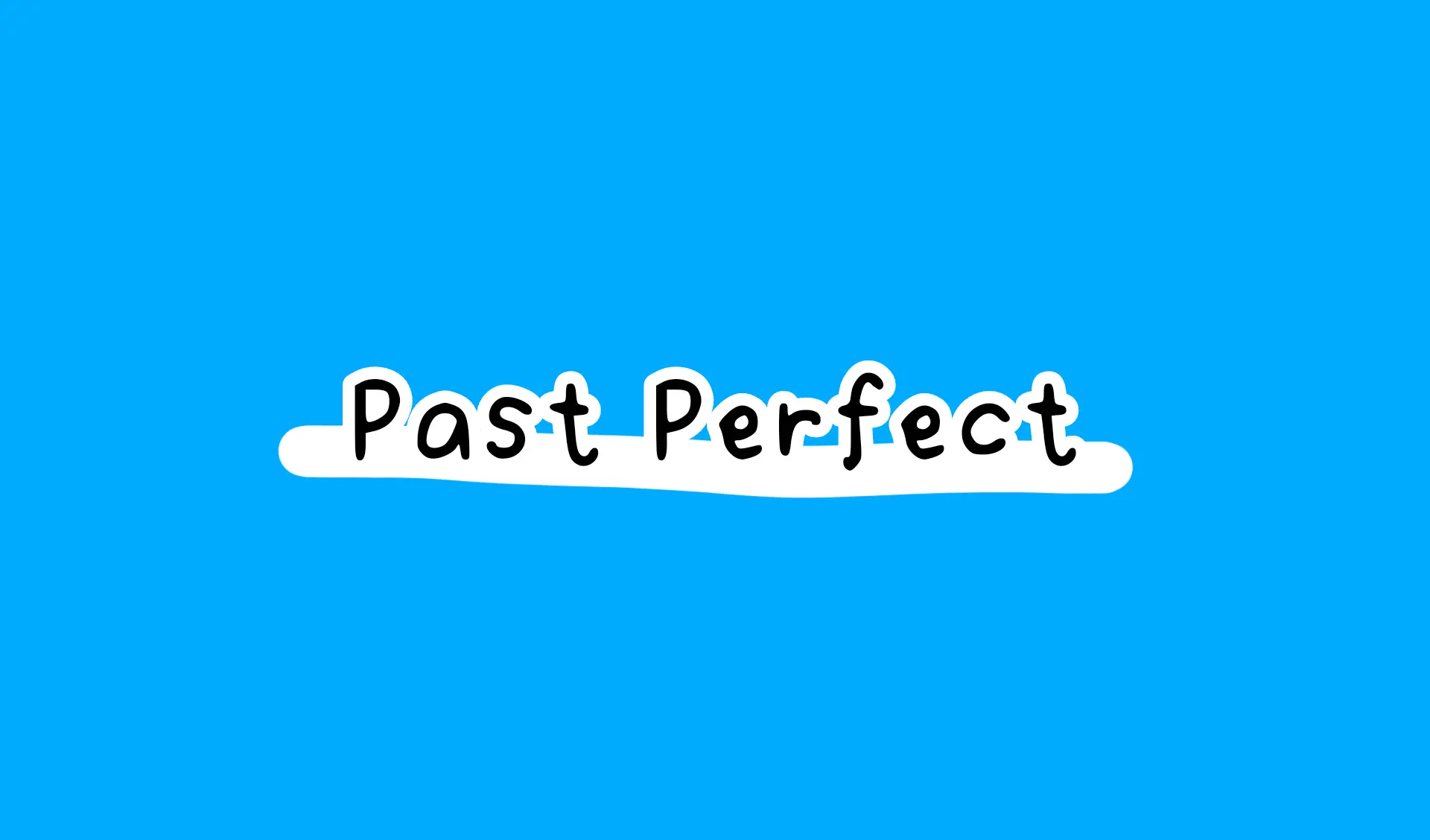The past perfect tense is used to describe actions that were completed before another action in the past. It is formed using “had” followed by the past participle of the verb. This tense helps clarify the sequence of events in storytelling and conversation. It is particularly useful for showing cause and effect. The past perfect is often used with time expressions like “before“, “after“, and “by the time“.
A- fill in the blanks with past perfect
1 – they [had lived] (live) in that house for five years before they moved.
2 – he [had already left] (already – leave) when we arrived.
3 – we [had never met] (never – meet) each other before that day.
4 – she [had never eaten] (never – eat) sushi until she went to Tokyo.
5 – I [had not completed | hadn’t completed] (not – complete) the project by the deadline.
6 – he realized he [had not brought|hadn’t brought] (not – bring) his keys after he locked the door.
7 – we [had been] (be) friends since childhood.
8 – she [had always wanted] (always – want) to learn how to play the piano.
9 – I [had already eaten] (already – eat) dinner before you got home.
10 – we [had never thought] (never – think) we would be living in a foreign country.
11 – he [had not seen | hadn’t seen] (not – see) that movie until it became popular.
12 – they [had not heard | hadn’t heard] (not – hear) the news until it was announced.
13 – Sara [had not expected | hadn’t expected] (not – expect) to see him at the concert.
14 – I [had not taken | hadn’t taken] (not – take) the train before that trip.
15 – my friends and I [had always wanted] (always – want) to visit the Eiffel Tower.
16 – they [had saved] (save) enough money before buying the house.
17 – he [had cooked] (cook) a delicious meal before the guests arrived.
18 – we [had forgotten] (forget) the keys at home.
19 – I [had never seen] (never – see) snow before.
20 – she [had never thought] (never – think) she would be so successful.
B- write the past participle of these verbs
1 – be : [been]
2 – become : [become]
3 – begin : [begun]
4 – break : [broken]
5 – build : [built]
6 – buy : [bought]
7 – come : [come]
8 – cut : [cut]
9 – do : [done]
10 – drink : [drunk]
11 – drive : [driven]
12 – eat : [eaten]
13 – feel : [felt]
14 – fight : [fought]
15 – find : [found]
16 – have : [had]
17 – lose : [lost]
18 – forget : [forgotten]
19 – hear : [heard]
20 – get : [got]
21 – read : [read]
22 – meet : [met]
23 – give : [given]
24 – go : [gone]
25 – keep : [kept]
26 – know : [known]
27 – see : [seen]
28 – leave : [left]
29 – sit : [sat]
30 – sell : [sold]

